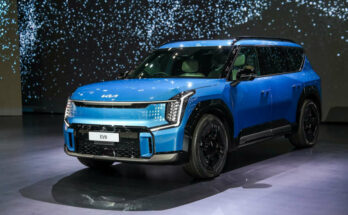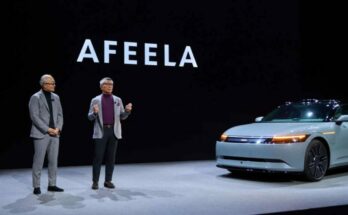Volkswagen has recently launched its flagship ID.7 Vizzion electric sedan in China. However, the sedan hasn’t met a favorable response from the Chinese customers, in fact, the sales numbers show it might turn out to be a flop.
Launched on 15th December, the VW ID.7 with a starting price of 237,700 yuan (30,600 Euros), which is almost half what the electric sedan costs in Europe, it received only 300 orders in the first 72 hours (3 days). In a country where multiple thousands of preorders for new EVs are usual, merely a few hundred may spell trouble for the brand. According to research agency 车fans, the majority of those 300 buyers who booked the ID.7 consider it as their second vehicle.
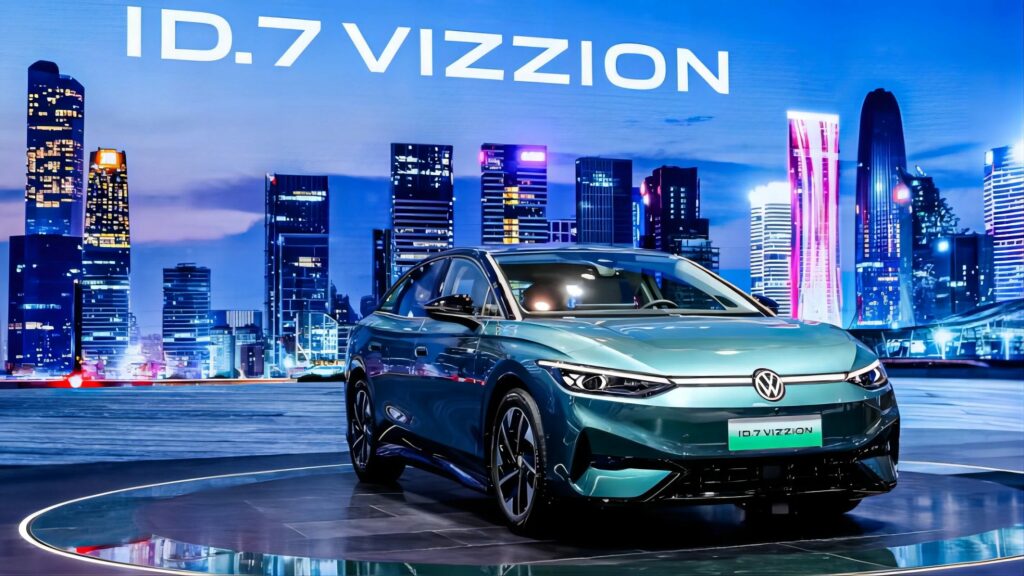
According to reports, the high cost of ID.7 has deterred a large number of Chinese customers. Visitors to the dealership were likewise pleased with the roomy interior but dissatisfied with being forced to pay more for extras such as heated seats. Bear in mind in China, the domestic competition now offers much better-looking EVs at a competitive price which are loaded with an array of features & equipment. Chinese dealers have reportedly struggled to move less-than-desirable configurations of the ID.7, as buyers who are interested in the ID.7 want cars equipped in ways that the dealers don’t have.
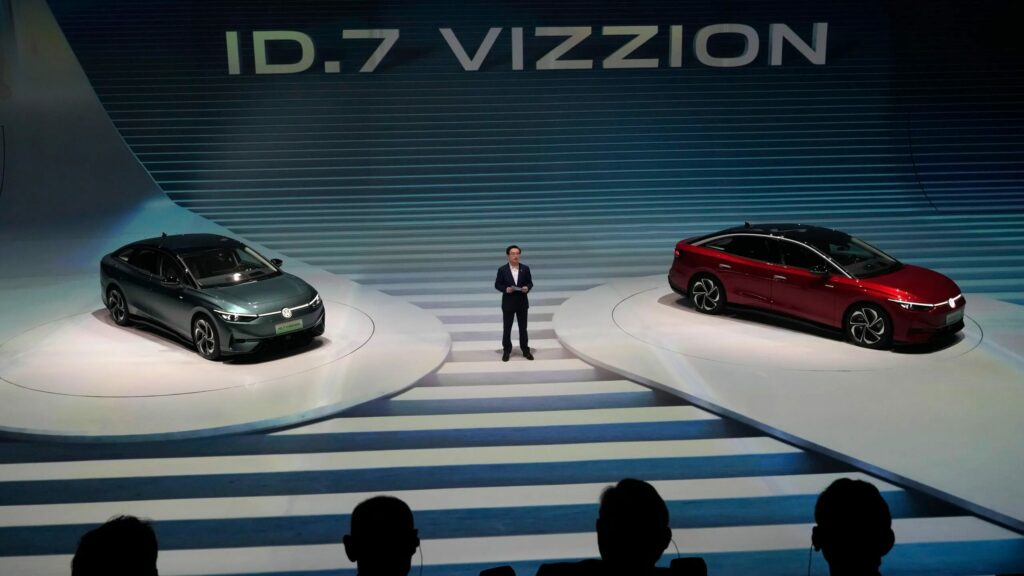
That is not good news in China. For years, Western vehicle brands ruled the Chinese market, but they are now facing severe competition from domestic automakers who know exactly what they’re doing. The CEOs of non-Chinese automobile companies have publicly expressed concern that they may lose the Chinese market due to their tardiness in developing electric vehicles. Although they are too late to the EV party, it now appears that the EVs they are producing aren’t that appealing either.
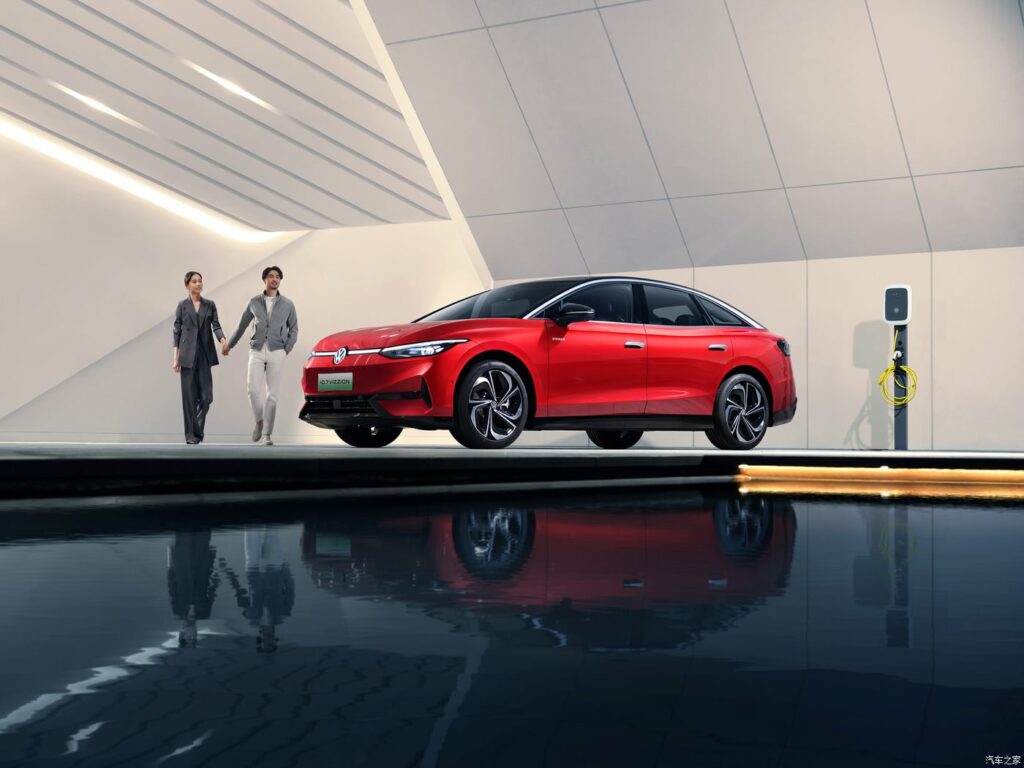
In comparison, the similarly priced and sized Zeekr 007 attracted more than 25,000 preorders in 9 days. According to analysts, if Volkswagen is given 6 more days, it is nearly impossible that they will manage to secure 24,700 extra preorders for the ID.7.
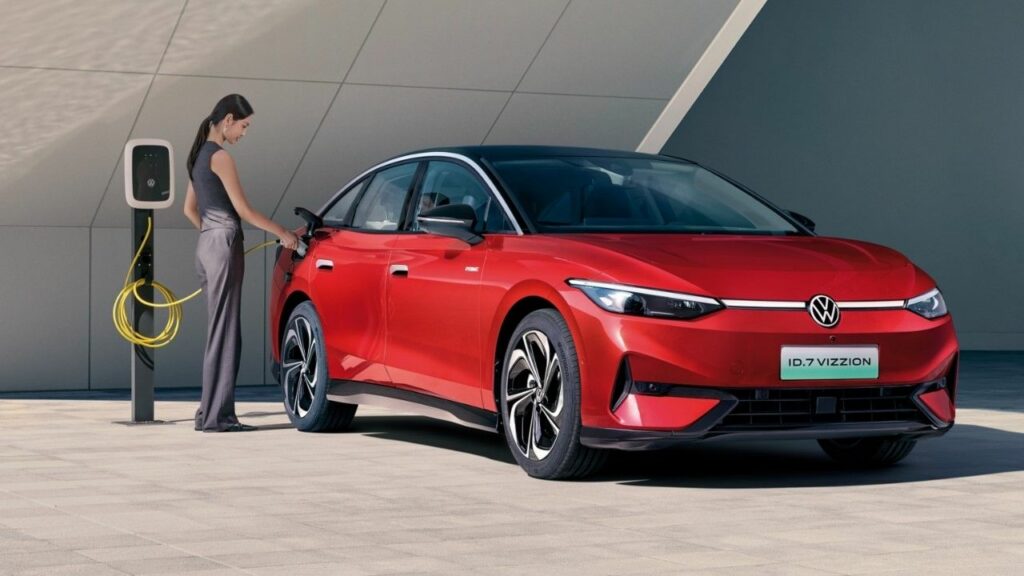
It’s not that the ID.7 is a bad car. But the lack of features & rather less appealing looks are deterring the buyers away. The electric sedan is offered in single and dual-motor variants. The RWD ID.7 powered by an 84.8 kWh battery delivers up to 642 km of CLTC range. Meanwhile, the dual-motor version delivers up to 570 km of range.
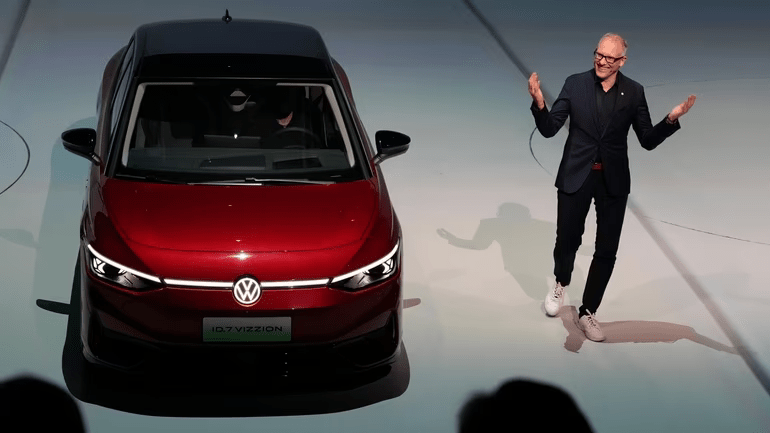
Feedback suggests that VW is not making a connection with Chinese consumers. China is Volkswagen’s most important market, accounting for almost 40% of global sales. However, the response the ID.7 received will be too concerning for the German automaker.
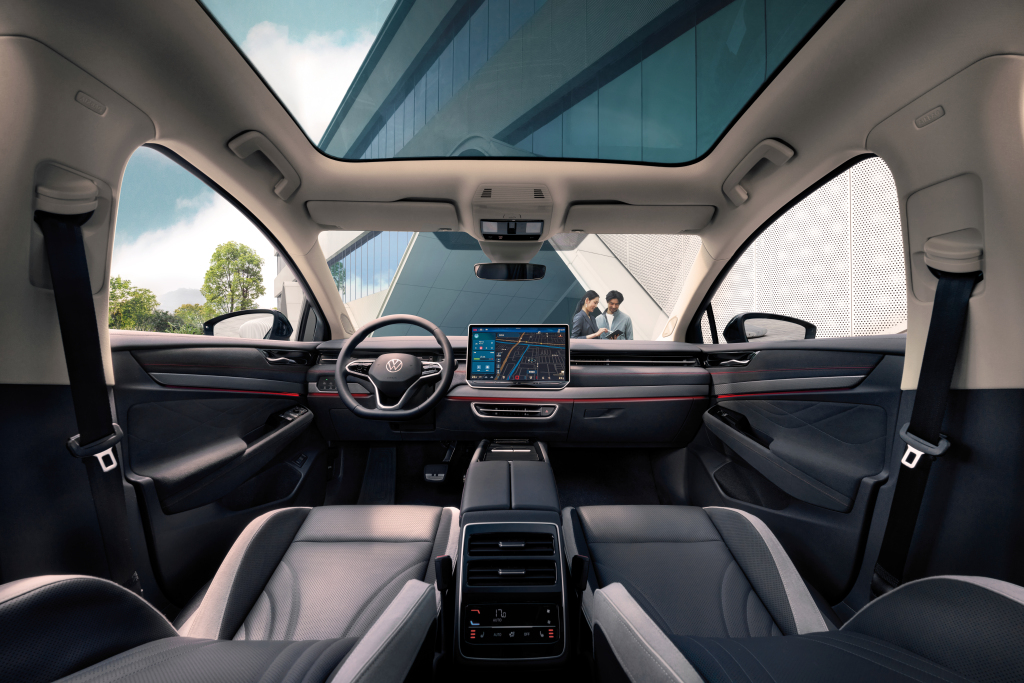
In a market where EV sales are expected to grow by more than a quarter in 2023, Volkswagen’s sales, as forecast by GlobalData, a data analytics company, are to shrink by 7%. The group now sits in 8th place in China’s fast-growing market for electric cars, with a share of just 3.3%.
Related: Volkswagen is Losing the EV Race to Tesla and China
As a whole, VW’s EV operations aren’t going all that smoothly. For example, Chinese-market Volkswagen ID.3 and ID.4 got significant price cuts this past summer to boost flagging sales and make the car more competitive against Chinese domestic competition from BYD and Geely.
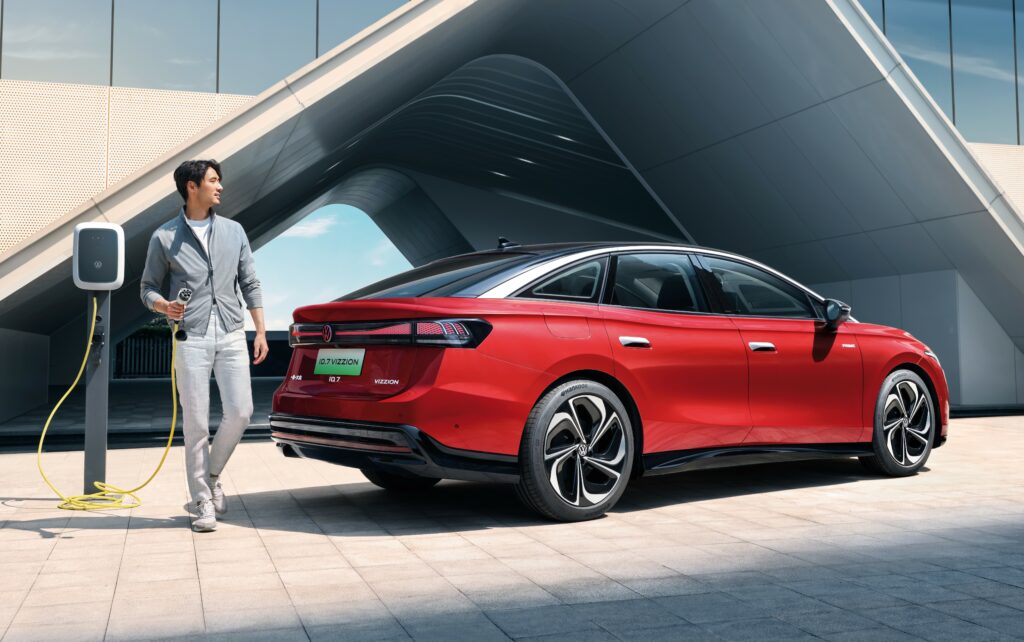
In Europe, Volkswagen cut output at the factory that produces the ID.3 and ID.4, citing slowing demand. Audi, which comes under the VW group, is also scaling back its EV rollout, disappointed with EV sales growth. Thomas Schaefer, the current CEO of Volkswagen passenger cars, also recently admitted that the group’s flagship VW brand is “no longer competitive” owing to high costs and low productivity.
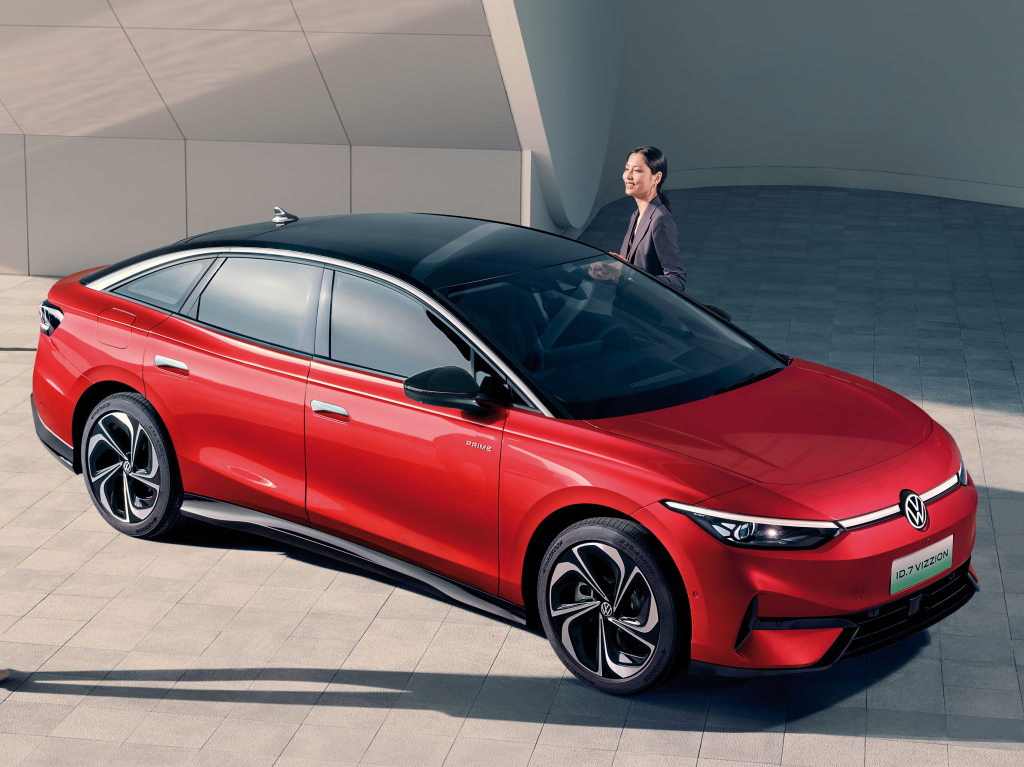

A computer animation professional with over 23 years of industry experience having served in leading organizations, TV channels & production facilities in Pakistan. An avid car enthusiast and petrolhead with an affection to deliver quality content to help shape opinions. Formerly written for PakWheels as well as major publications including Dawn. Founder of CarSpiritPK.com

